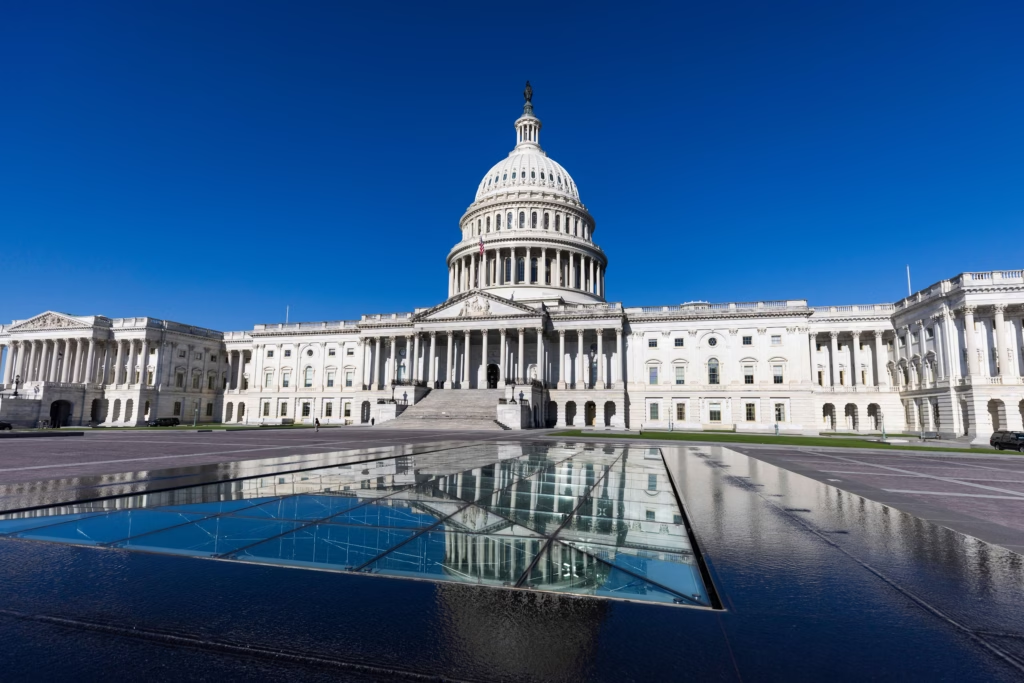A new survery found 65% of registered voters agreed with the statement, “Democrats should not shut down the government, even if their demands are not met.”
Politics – Latest US Political News & Headlines | New York Post


A new survery found 65% of registered voters agreed with the statement, “Democrats should not shut down the government, even if their demands are not met.”
Politics – Latest US Political News & Headlines | New York Post

It is an earthquake for the MAGA ecosystem. Read More US News – The latest headlines from the US |

Donald Trump has withdrawn support for Republican Congresswoman Marjorie Taylor Greene – which she claims is over her support for